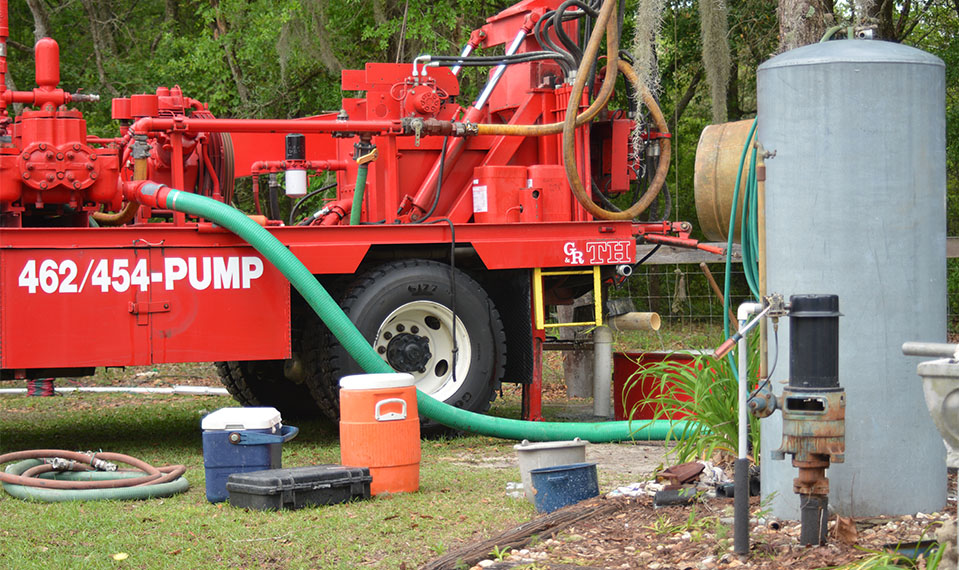What To Know About Your Water System
All home water systems are designed to promptly and reliably deliver water to members in a household, but not all systems work the same way. Whether it’s because of the size of the pressure tank or the pump’s rating, every well pump system requires a different type of care. But while well pump repairs are best left in the hands of a professional, homeowners who take the time to learn some basic information about their water system can make better-informed decisions to help remediate problems. Here is some essential information everyone should know about their water system from North Florida Water Systems Inc, a water well repair company. Contact us to schedule a well pump repair appointment or to learn more about your water system.

Installation, Maintenance & Repair History
Learning the history behind your plumbing, water supply, and well pump can help you and your plumber make better decisions regarding water system services. Ask your realtor or water technician for a report of your water system’s history. When reviewing the system’s history, be sure to know how long ago the well on your property was drilled as well as the year the pump was manufactured. This information could help your water technician determine whether the system as a whole meets today’s standards for health and safety. In addition, make note of all well pump repairs and maintenance sessions done on your system. Doing so can keep professionals accountable as well as save you time and money when making the decision to replace or upgrade equipment. As a general rule, for all repairs made on your property, jot down the date, a brief description of the services completed, and the parts used.
Water Quality
There’s no reason to have a funny taste or smell in your water — make sure it’s safe to use by testing for and removing any contaminants present in your water supply. Remember that, unlike public water, well water is not treated or regulated by the city, making water treatment a top priority for well pump owners. Unfortunately, water quality varies significantly from household to household, and not all water filters will be effective against the same types of pollutants. For the best results and to save you time and money, schedule a water well inspection at least once every year to determine the best whole house water filtration system for your home. Remember to notify your water technician if you live near livestock, as this may significantly affect the water quality in your well. Some of the most common waterborne contaminants to look out for are sulfate, chloride, iron, and manganese.
Expected Use
How much water does your household need? — Having a rough estimate of your home’s expected water consumption can help you and your water technician decide on the most appropriate services and part replacements for your water system. For instance, when installing a new water well system, the recommended GPM (gallons per minute) rating for the pump will be mostly dependent on expected water usage. A typical three-bedroom home requires a system that can handle 8–12 GPM. To determine the best well pump rating for your family, add one GPM for every water fixture in your home. For a general idea of your household’s water usage, look for water meter readings on past utility bills, and take note of the following factors affecting home water consumption.
- Household Size
- Square Footage
- Lawn Size
- Irrigation Schedule
- Appliance Efficiency
- Crops & Livestock